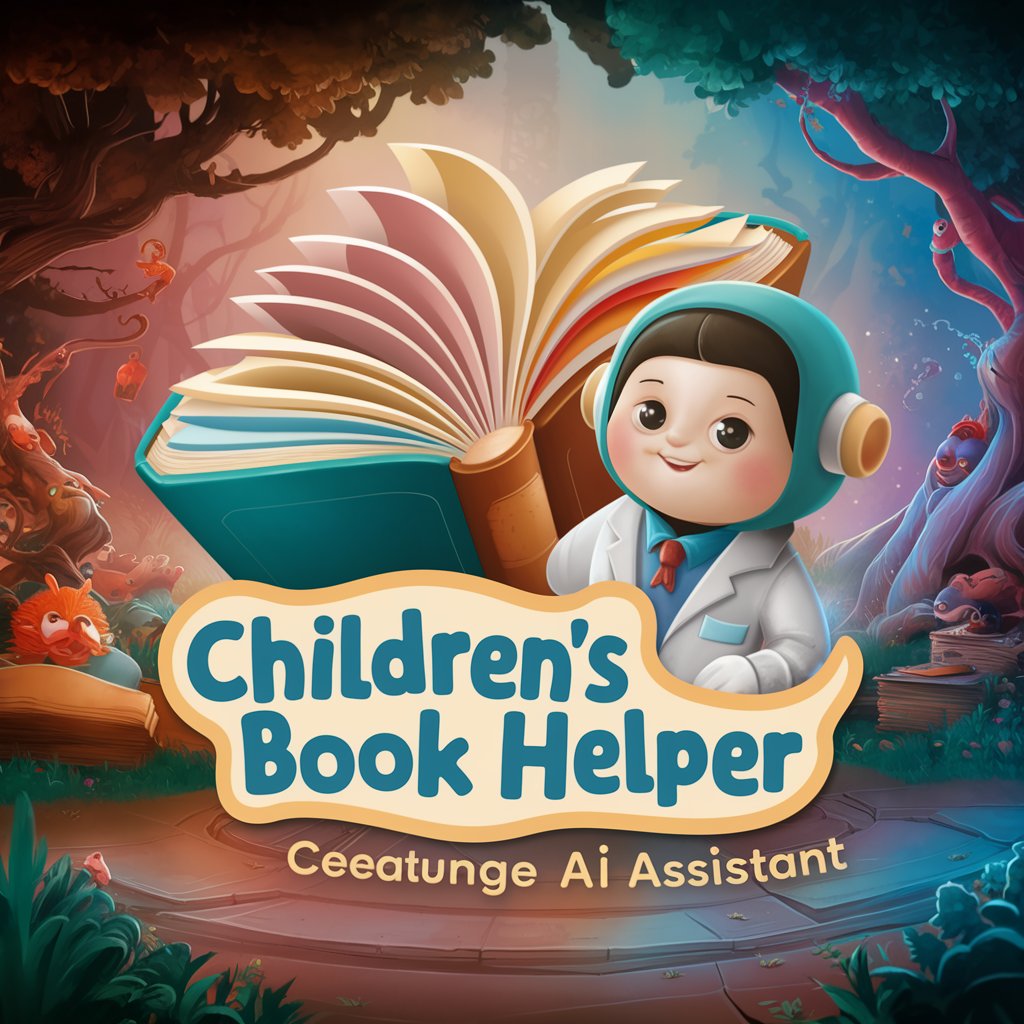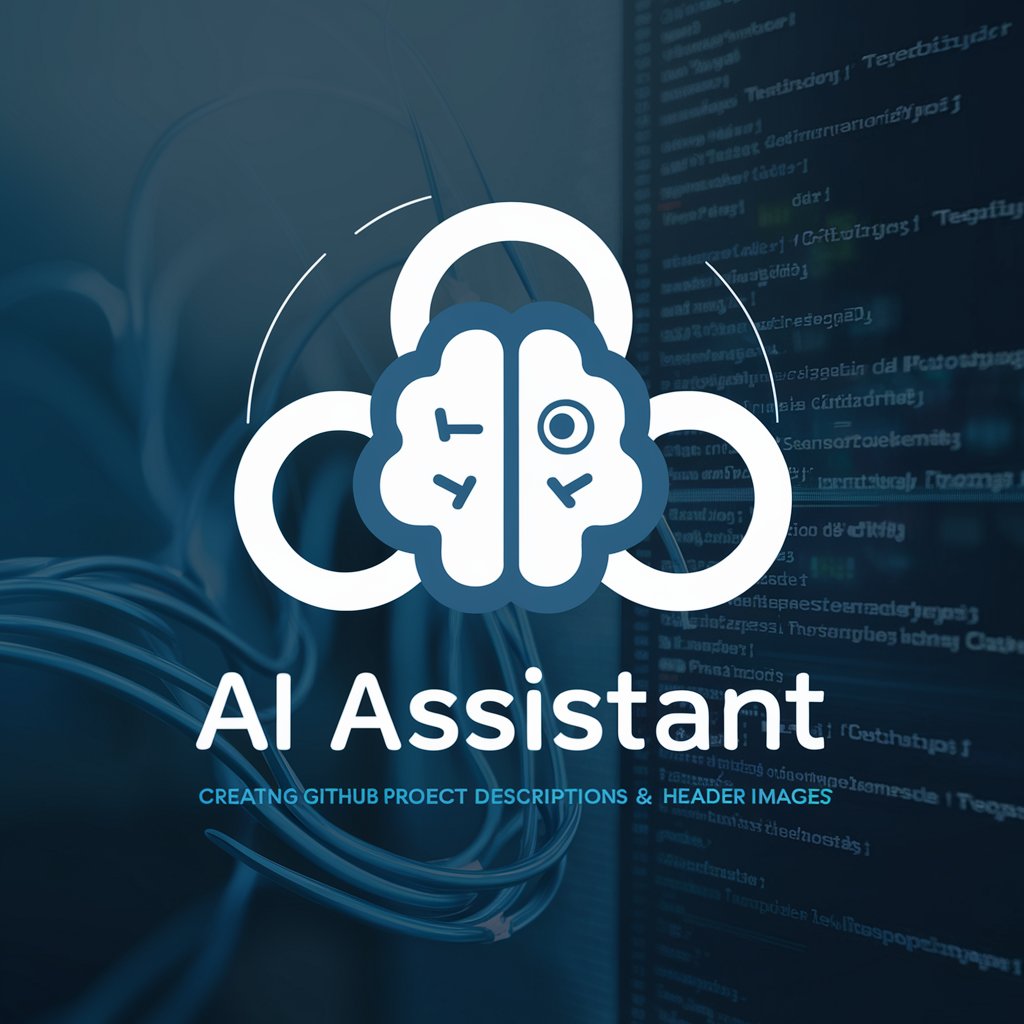AI for Social Work: Equity and Inclusion - AI Equity & Inclusion Support

Welcome! Let's enhance equity and inclusion together.
Empowering social work with AI-driven equity and inclusion.
Describe a scenario where cultural competency plays a crucial role in social work practice.
How can AI tools be used to identify and correct biases in social work?
What strategies can social workers use to build trust with underrepresented communities?
Explain the importance of interdisciplinary collaboration in achieving equitable outcomes.
Get Embed Code
AI for Social Work: Equity and Inclusion Overview
AI for Social Work: Equity and Inclusion is designed to assist social workers in enhancing equity and inclusion within their practices. This encompasses providing tools and resources for self-reflection, cultural competency development, bias detection, and more. The core aim is to leverage AI technology for data analysis, identifying disparities, and improving service delivery, ensuring all clients receive equitable care and support. Examples of its application include AI-driven analysis to uncover service delivery disparities across different demographics, and training modules that use AI to help social workers recognize and overcome cultural biases. Another scenario is the use of AI to tailor interventions to meet the unique needs of marginalized groups, ensuring practices are inclusive and responsive. Powered by ChatGPT-4o。

Core Functions and Real-World Applications
Bias Detection and Correction
Example
An AI tool analyzes case management data to identify patterns indicating racial biases in service provision. It flags cases for review and suggests corrective actions.
Scenario
In a community service organization, social workers use the AI tool to review flagged cases, enabling them to address biases in their decision-making processes.
Cultural Competency Training
Example
Integrated AI modules present diverse case studies and scenarios to train social workers in recognizing and addressing cultural biases.
Scenario
During onboarding, new staff members engage with the AI-powered training platform, enhancing their ability to serve clients from diverse backgrounds effectively.
Equity-Focused Service Recommendations
Example
Based on client data and AI analysis, the system recommends personalized services that consider the client's cultural background, economic status, and unique needs.
Scenario
A social worker inputs client information into the AI system, which then suggests a set of interventions tailored to the client's specific circumstances, ensuring a more targeted and effective support plan.
Community Engagement and Feedback
Example
AI tools facilitate surveys and feedback mechanisms from community members to inform service adjustments and improvements.
Scenario
After implementing a new program, the agency uses AI to gather feedback from participants, analyzing responses to improve future iterations of the program.
Target User Groups for AI for Social Work: Equity and Inclusion
Social Workers and Practitioners
Professionals in the field of social work seeking to enhance their practice with AI-driven insights, improve cultural competency, and effectively address biases in service delivery.
Policy Makers and Administrators
Individuals responsible for creating and enforcing policies within social service agencies who can use AI to analyze policy impact and advocate for inclusive, equitable changes.
Community Organizations
Non-profits and community-based organizations aiming to better understand and serve their constituents through data-driven insights and inclusive programming.
Educators and Trainers
Professionals involved in training future social workers, utilizing AI tools to integrate cultural competency and bias detection into their curriculum.

Using AI for Social Work: Equity and Inclusion
Start Your Journey
Begin by accessing a free trial at yeschat.ai, ensuring an easy start without the need for login or subscribing to ChatGPT Plus.
Identify Your Needs
Determine the specific areas within your practice where AI could enhance equity and inclusion, such as bias detection, cultural competency, or data analysis.
Explore AI Tools
Familiarize yourself with the AI tools available, focusing on those designed to support social work practices, including client assessment, service recommendation, and policy analysis.
Engage with Training Modules
Take advantage of any available training modules or resources to improve your understanding and usage of AI in promoting equity and inclusion within social work.
Apply and Reflect
Implement AI tools in your practice, regularly reflecting on their impact and seeking feedback from colleagues and clients to continually improve your approach.
Try other advanced and practical GPTs
Business French Expert
Mastering French Business, AI-Powered

Water Pump
Empowering Your Flow with AI

Ask a Bigfoot
Channeling Nature's Wisdom for Life's Journey

Self Portrait meaning?
Unveil deeper selves with AI insight

Token Exchange
Transforming AI collaboration with tokenized exchanges.

Block Building Game: How to Make Real Money
Turn Play into Pay with AI

曾国藩家书
Harnessing historical wisdom for modern living

Children's Book Helper
Empowering your storytelling with AI.

GH Readme Composer
Automating GitHub Documentation with AI

Ask Tate
Empower your decisions with AI-driven Tate insights.

Full Stack Developer
Empowering Development with AI

A Quitter Never Wins meaning?
Empowering Inquiries with AI

Q&A on AI for Social Work: Equity and Inclusion
How can AI enhance cultural competency in social work?
AI can provide social workers with training modules, diverse case studies, and tools for recognizing and overcoming cultural biases. This enhances understanding and respect for the diverse backgrounds of clients.
What role does AI play in policy analysis for social equity?
AI aids in analyzing policies through an equity lens, identifying discriminatory practices, and suggesting inclusive policy modifications. It supports advocacy for systemic change towards social justice.
Can AI improve accessibility in social services?
Yes, AI can tailor communication tools for different abilities, translate services into multiple languages, and suggest accommodations, ensuring services are accessible to all clients.
How does AI contribute to bias detection in social work?
AI algorithms are trained to identify biases in decision-making processes and service delivery, providing social workers with insights to correct these biases and promote fair treatment.
What is the importance of data analysis in using AI for social equity?
Data analysis through AI allows for the identification of service disparities, informing targeted interventions and ensuring that resources are allocated equitably among all community members.
